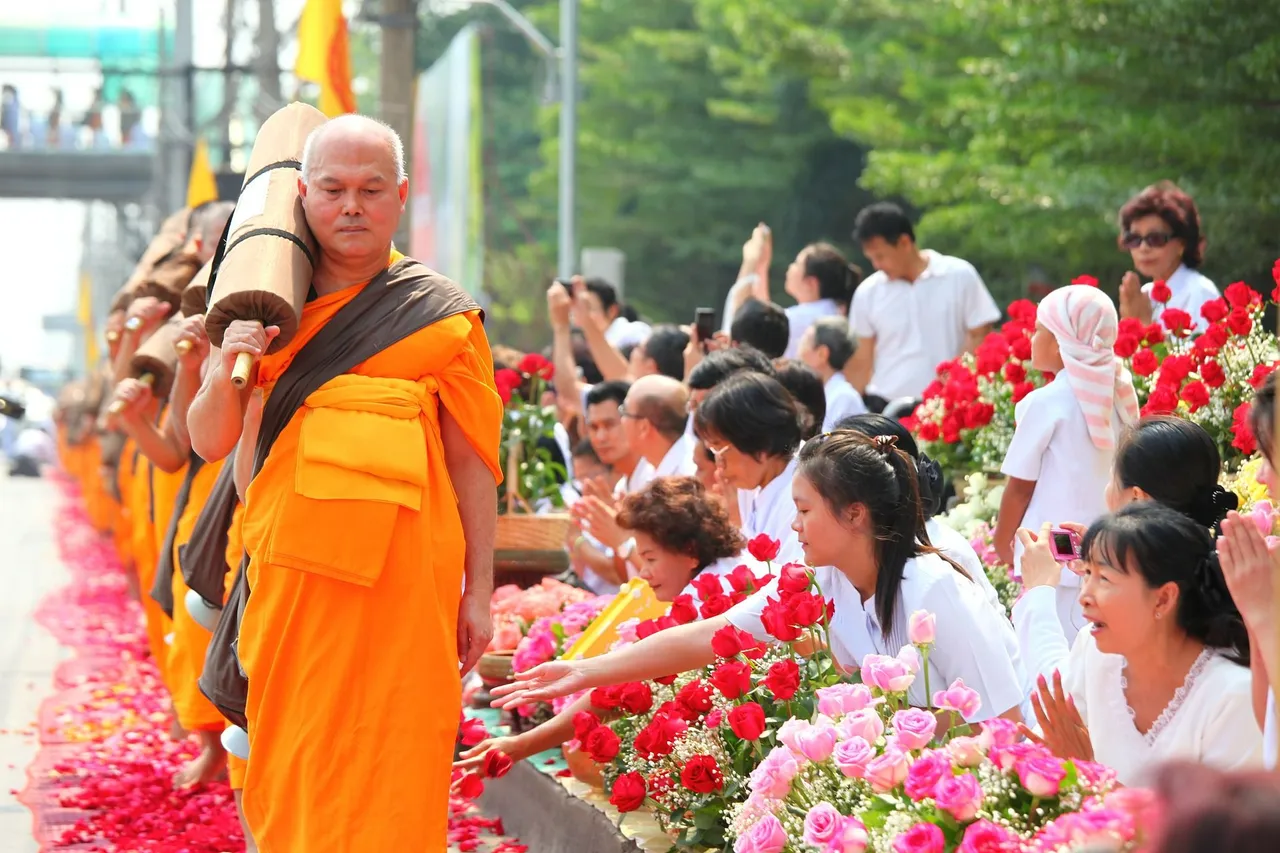
Image by Honey Kochphon Onshawee from Pixabay
sojourn on cobblestone path -
silent in traffic.


The question of the ancient wisdom inherent in religion is a thorny issue. If I offend anyone with my analysis so be it 😂 The very fact that anyone would be offended by a questioning of belief, or challenging a concept, highlights why religion is a vehicle for both profound wisdom and great folly.
Throughout my life I've observed that many people of religious belief exhibit intolerances, hatred and bigotry, despite their messiahs preaching the opposite. This comes down to two things in my opinion; politics and the nature of belief. The politics of the ancient world was closely tied up with religion, as can be seen with the Catholic church and the Papal authority over European monarchy in the 16th century. This expression of power runs completely contrary to the essence of what Jesus, Buddha, or any of the other mystics of the ancient world were trying to express through their words.
The fundamental wisdom behind most religions as taught by their founding mystics is universal, usually pointing toward a sublimation of ego leading to a shift in consciousness. This is where the gem of wisdom lies in religion, with the mystics or messiahs and what their direct words are pointing to, which is a state of being, not a pattern of thought.
For me, Buddhism comes closest to pointing everyone to what all the various mystics of different faiths set out to teach. At the core of Buddhist teachings it is never expressed that you should worship Buddha, there is no god at the core of the Buddhist philosophy, only a set of exercises to find that which is 'beyond' within yourself. Without a focus of belief for the 'me' that craves validation, it is easier to notice that it is the 'me' that prescribes blame, judgement and a feeling of separateness that ultimately allows for the justification of atrocity in the name of identity. When a realization beyond 'I' is reached this world of seeming chaos comes together as at the core of existence is 'no thing'.
When you realize there is nothing lacking, the whole world belongs to you.
Quote: Lao Tzu
Outside of the ego lies the wisdom that Jesus, Mohamad and Gautama Buddha knew and were trying to express. In many cases the core concepts of various mystics that point to the 'enlightened state' are obscured by the influence of hierarchical structures like churches, but that noise can be overcome by approaching these wisdoms without the focus of belief, and recognizing the parts that resonate within your body. The passages, sentences and aphorisms that inspire a settling are usually the ones that remain as the 'uninterpreted' words pointing to the real wisdom of living.
I have decided to challenge myself for a month to post a daily Haiku on Hive. Each week will have a different theme based on picture prompts from either Pixabay.com or Unsplash.com.
This week's broad theme is Ancient Wisdom.
To read more about the aesthetics of true haiku, and the difference between haiku and senryu, please check out my post: Haiku Vs Senryu - The Aesthetics of Form
All images in this post are creative commons sources, linked below pic. If you have enjoyed this Haiku, please check out my homepage @raj808 for similar content. Thank you.




